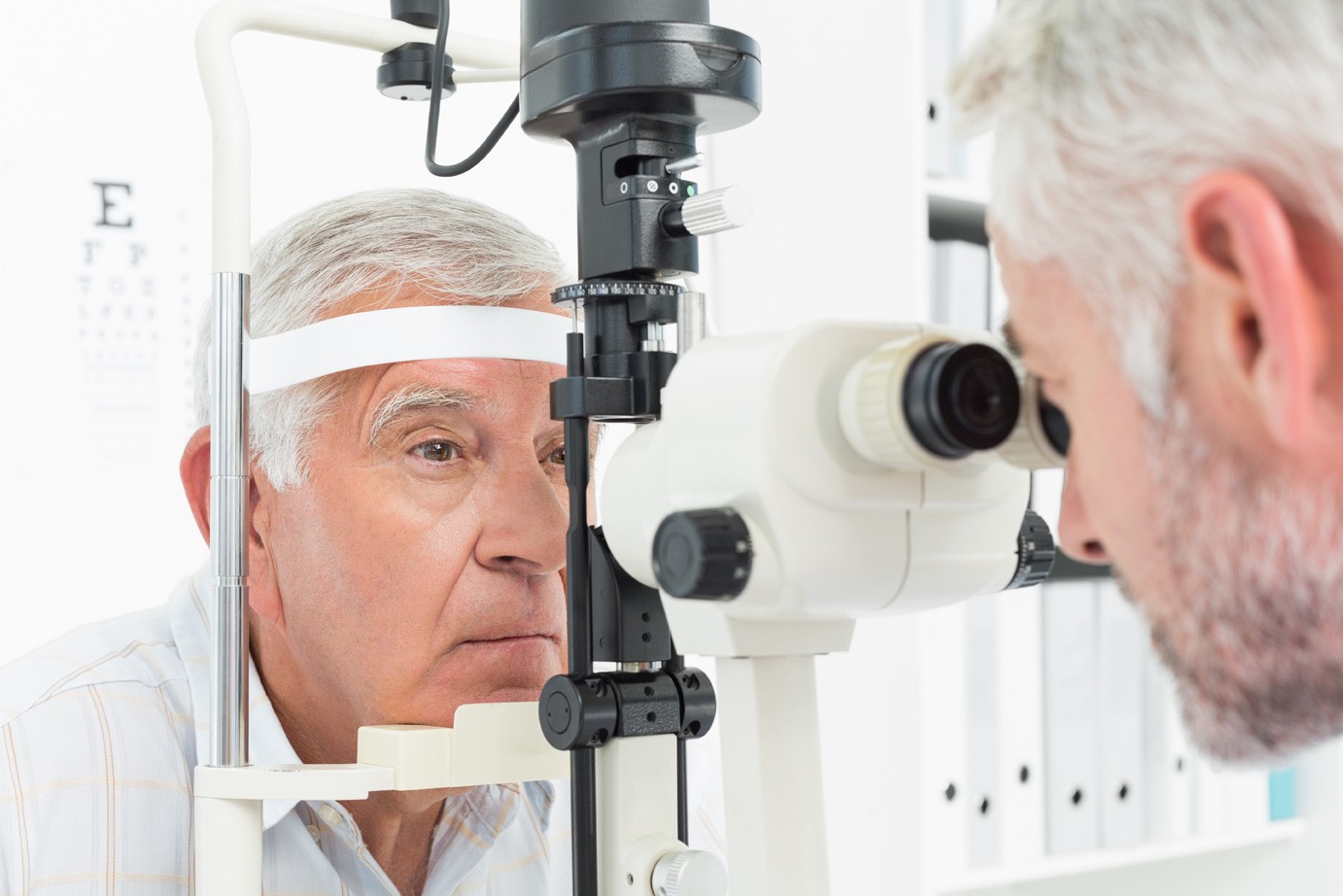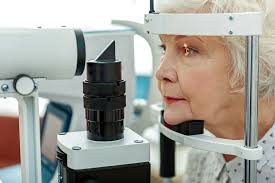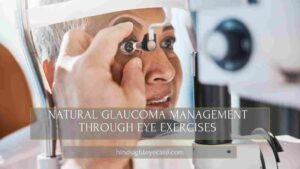Your child’s vision is constantly developing, and catching any issues early is crucial. From birth to the teenage years, regular eye screenings are a must. The American Academy of Ophthalmology and the American Association for Pediatric Ophthalmology and Strabismus have guidelines you should follow to ensure your child’s eyes are on the right track. Early detection of issues could mean the difference between a lifetime of clear vision or a struggle with undiagnosed problems.
**Baseline Eye Exams for Adults: Starting Strong**
If you’re in your 20s and 30s with healthy eyes, you might think you’re in the clear. Think again. A complete eye exam in your 20s, and two in your 30s, are essential to catch any potential issues before they become real problems.
But here’s the thing—there are exceptions:
– If you experience an eye infection, injury, or sudden visual symptoms like floaters or flashes, see your ophthalmologist immediately.
– If you wear contact lenses, annual check-ups are non-negotiable.
– If you have diabetes or a family history of eye disease, you need to have a chat with your eye doctor about how often you should be coming in.
The American Academy of Ophthalmology suggests getting a comprehensive eye exam at age 40. Why 40? This is when early signs of eye disease or vision changes can first appear. Catching these early can save your sight.
**Don’t Wait Until 40 If…**
Not everyone should wait until they hit 40 to see an ophthalmologist. If you have conditions like diabetes, high blood pressure, or a family history of eye disease, you need to be proactive. Your ophthalmologist will guide you on how often to schedule your exams going forward.
**Seniors and Eye Exams: Staying Vigilant**
If you’re 65 or older, your eyes deserve extra attention. Make sure to have them checked every one to two years. This is when age-related issues like cataracts, diabetic retinopathy, macular degeneration, and glaucoma can sneak up on you. Regular exams can help catch these early, giving you the best chance to maintain your vision.
### What Happens During an Eye Exam?
A comprehensive eye exam is more than just reading an eye chart. It’s a multi-step process that should take between 45 to 90 minutes and cover several key areas:
– **Medical History:** Your ophthalmologist will want to know about your general health, your family’s medical history, and any medications you’re taking.
– **Visual Acuity:** This is where you read the familiar eye chart to measure how well you see at different distances. It’s the basic check to determine if you have 20/20 vision.
– **Corrective Lenses Prescription:** Using a device called a phoroptor, your doctor will fine-tune your prescription for glasses or contacts.
– **Pupil Response:** A bright light will be shone into your eyes to see how your pupils react. Abnormal reactions could indicate underlying issues.
– **Peripheral Vision:** Loss of side vision can be a sign of glaucoma. This test is critical for spotting problems that might not be obvious to you.
– **Eye Movement:** The ocular motility test checks whether your eyes are aligned and your eye muscles are functioning properly.
– **Eye Pressure:** Known as tonometry, this test measures the pressure inside your eye—high pressure can be a sign of glaucoma.
– **Front Eye Examination:** Using a slit-lamp microscope, your ophthalmologist will examine the front part of your eye for cataracts, corneal scars, or other issues.
– **Retina and Optic Nerve Check:** Dilating your pupils allows your doctor to inspect the retina and optic nerve for signs of disease. Your eyes may be sensitive to light for a few hours afterward.
### Additional Tests You Might Need
Depending on your specific situation, your ophthalmologist might recommend additional tests like optical coherence tomography (OCT), fundus photography, fluorescein angiography (FA), or corneal topography. These advanced imaging techniques help detect issues in the back of your eye, on its surface, or within, giving your doctor a complete picture of your eye health.
### Conclusion
A comprehensive eye exam is essential not just for your eyes, but for your overall health. By staying on top of your eye exams, you can catch potential problems early and take the necessary steps to protect your vision for years to come. Don’t wait—schedule your eye exam today and see the world with clarity.




